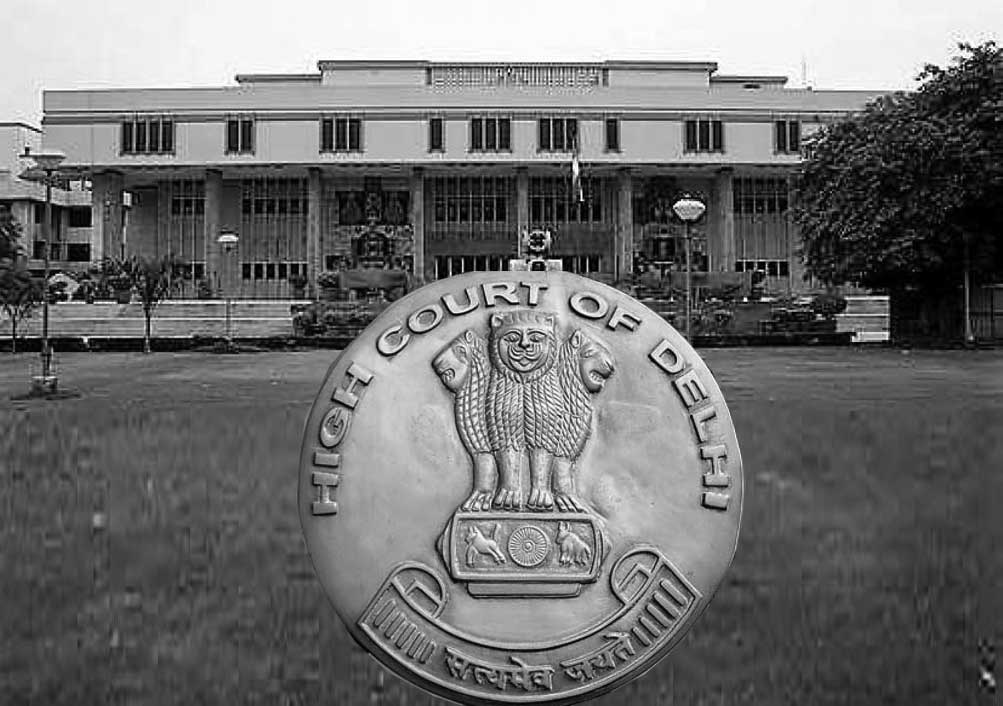InW.P.(C) 6430/2022 -DEL HC- Delhi High Court orders VAT refund to Flipkart India worth Rs. 6.62 Crore along with interest
Justice Yashwant Varma & Justice Dharmesh Sharma [21-08-2023]

Read Order:Flipkart India Private Limited V. Value Added Tax Officer, Ward 300 &Ors
Chahat Varma
New Delhi, September 19, 2023: In a recent ruling, the Delhi High Court has ordered the VAT Department to refund Rs. 6.62 crore to Flipkart India (petitioner), along with applicable interest.
In the present case, the initial writ petition was filed with the aim of compelling the Department to proceed with the refund application and give effect to a refund claim of Rs. 6,62,74,405in terms of Section 38 along with interest in terms of Section 42 of the Delhi Value Added Tax Act, 2004 (DVAT Act).
During the hearing on April 22, 2022, the petitioner had agreed to the opening of a bank account in Delhi, to facilitate the refund. It was under these circumstances that the Court had issued a directive instructing the Department to process the refund claim. However, by the time the matter was taken up next, the Department had already issued an order dated 31.05.2022, rejecting the petitioner's refund claim.
The petitioner argued that Section 35(2) of the DVAT Act prohibits the Department from enforcing the payment of any tax amount that is under dispute before the OHA. Therefore, such an amount should not be considered as ‘due and payable’ under the DVAT Act, as specified in Section 38(2).It was asserted that, as clearly indicated by the impugned order dated 31.05.2022, the amount claimed by the petitioner had ultimately been adjusted in relation to alleged demands that had no connection to the relevant period under consideration.
On the other hand, the counsel representing the Department argued that when the refund application was submitted, there were additional demands levied against the petitioner. As a result, the Department was very well within their rights to offset the requested refunds against these outstanding demands.
The division bench of Justice Yashwant Varma and Justice Dharmesh Sharma expressed the view that once the objections had been properly submitted online, the Department's inability to locate the physical copies of the objections should not diminish the petitioners' entitlement to claim a refund. The records indicated that the objections filed for the FY 2012-2013 and the period from April 2013 to December 2013 had all been resolved as of November 8, 2016. Therefore, there seemed to be no valid reason or justification for the Department to unjustly withhold the said amount.
The bench also noted that by examining Rule 34 of the DVAT Rules, it becomes evident that a claim for tax refund should be submitted using Form DVAT-21 only when such a refund is not already included in the return itself. This principle is reiterated in sub-rule (2), which specifies that only those refund claims that have not been previously claimed in any prior return may be filed using Form DVAT-21. It is, therefore, evident that when a refund claim is already part of the return, there is no additional obligation imposed on the taxpayer to file Form DVAT-21.
The bench stated that the Department's failure to refund the pre-deposit amount was also unquestionably arbitrary and unsustainable. It held that the court have consistently held the view that a pre-deposit does not partake the character of a tax or duty. These amounts are deposited by an assessee solely for the purpose of pursuing their appeal remedies.Therefore, the bench opined that the Department had no legal entitlement to retain the pre-deposit amount of Rs. 1,00,00,000, nor was it permissible to utilize it for adjustment purposes.
The bench also observed that upon a careful examination of Section 35(2) and 38(2) of the DVAT Act, it becomes evident that as long as objections are pending with the OHA, any amount claimed by the Department would not qualify as an amount due or payable as envisioned under Section 38(2).
The bench commented that it was evident that the Department had acted in an arbitrary manner by making multiple adjustments after 31.05.2015, and thereby unlawfully depriving the petitioner of the claimed refund. These various adjustments seemed to have been executed despite the fact that the petitioner had lodged objections online with the OHA. As a result, it was clear that the Department had acted contrary to the clear mandate of Section 38 of the DVAT Act.
In light of the aforementioned observations, the writ petition was allowed, and the challenged order dated 31.05.2022, was quashed. The Department was therefore instructed to refund the amount of Rs. 6,62,74,405 along with the applicable interest.
Sign up for our weekly newsletter to stay up to date on our product, events featured blog, special offer and all of the exciting things that take place here at Legitquest.




Add a Comment